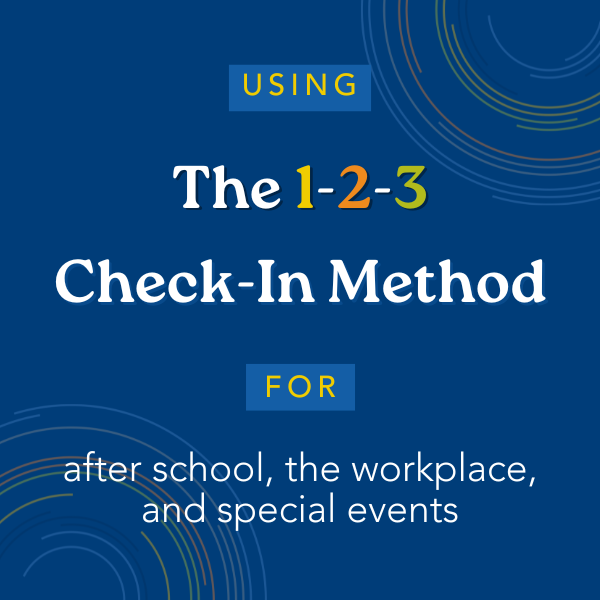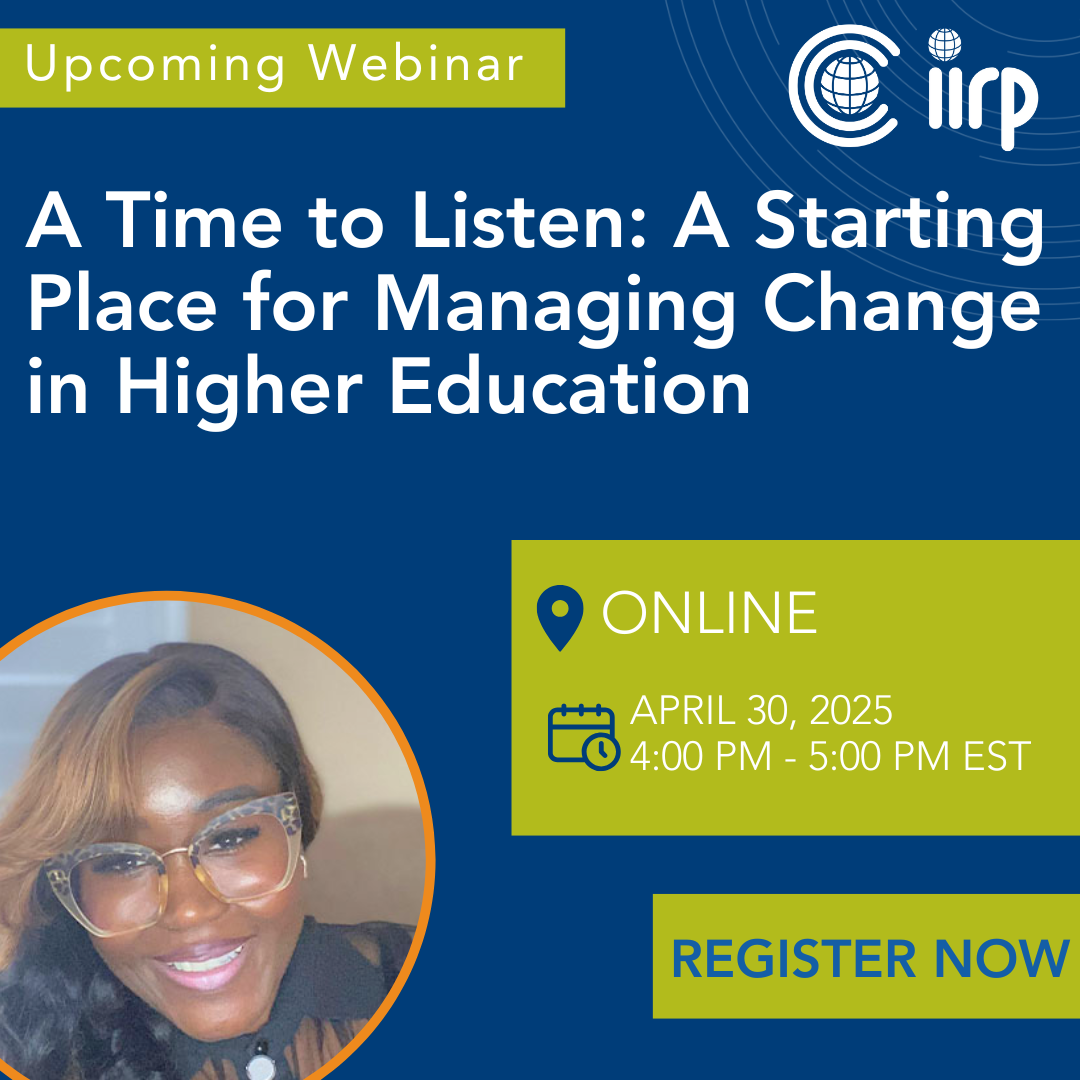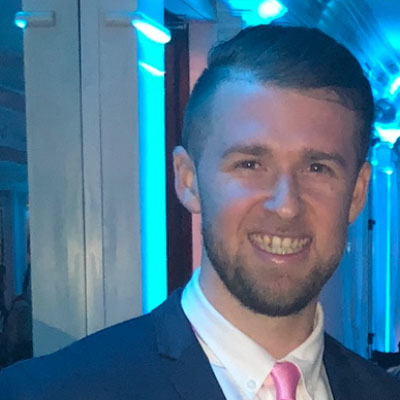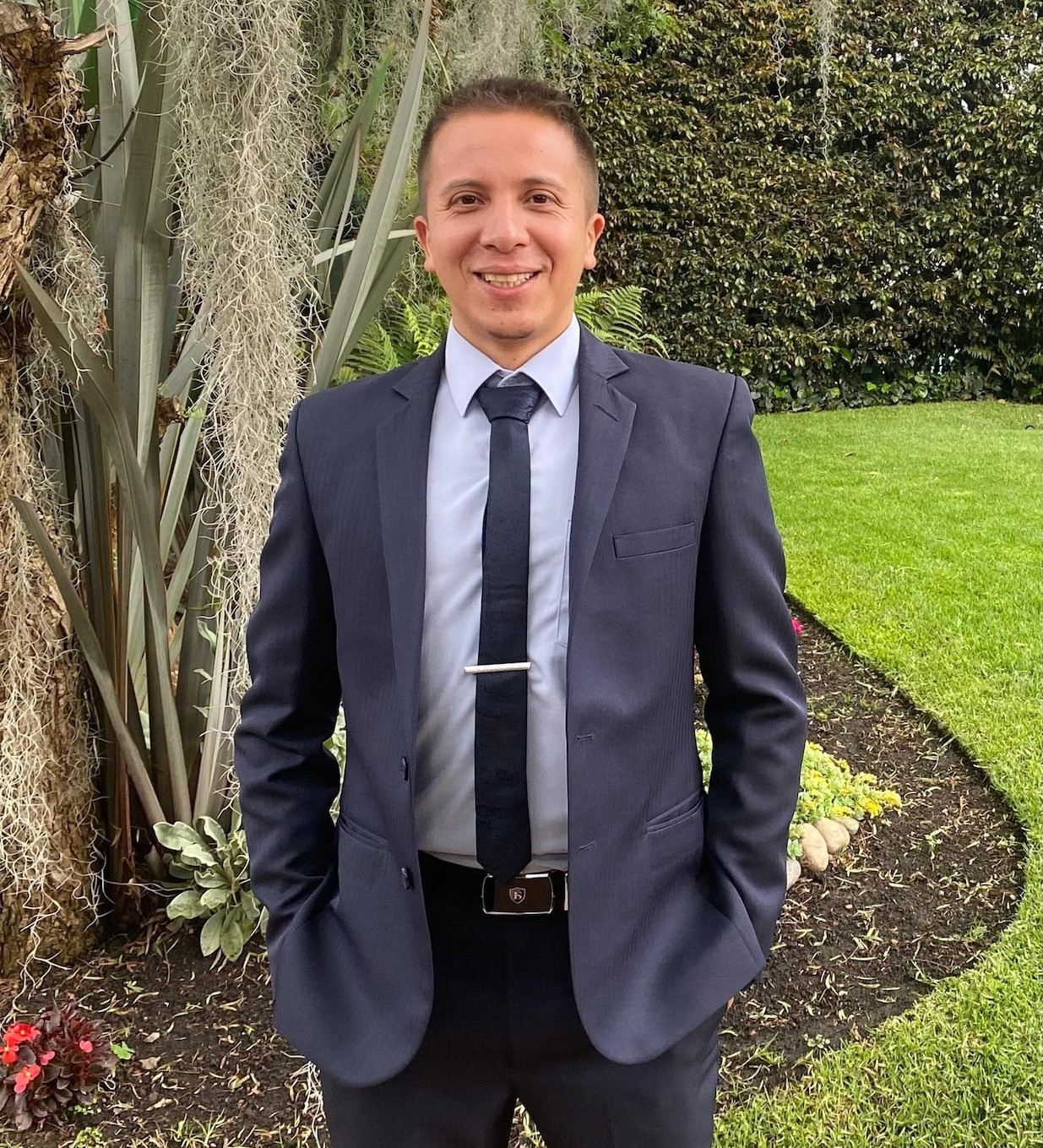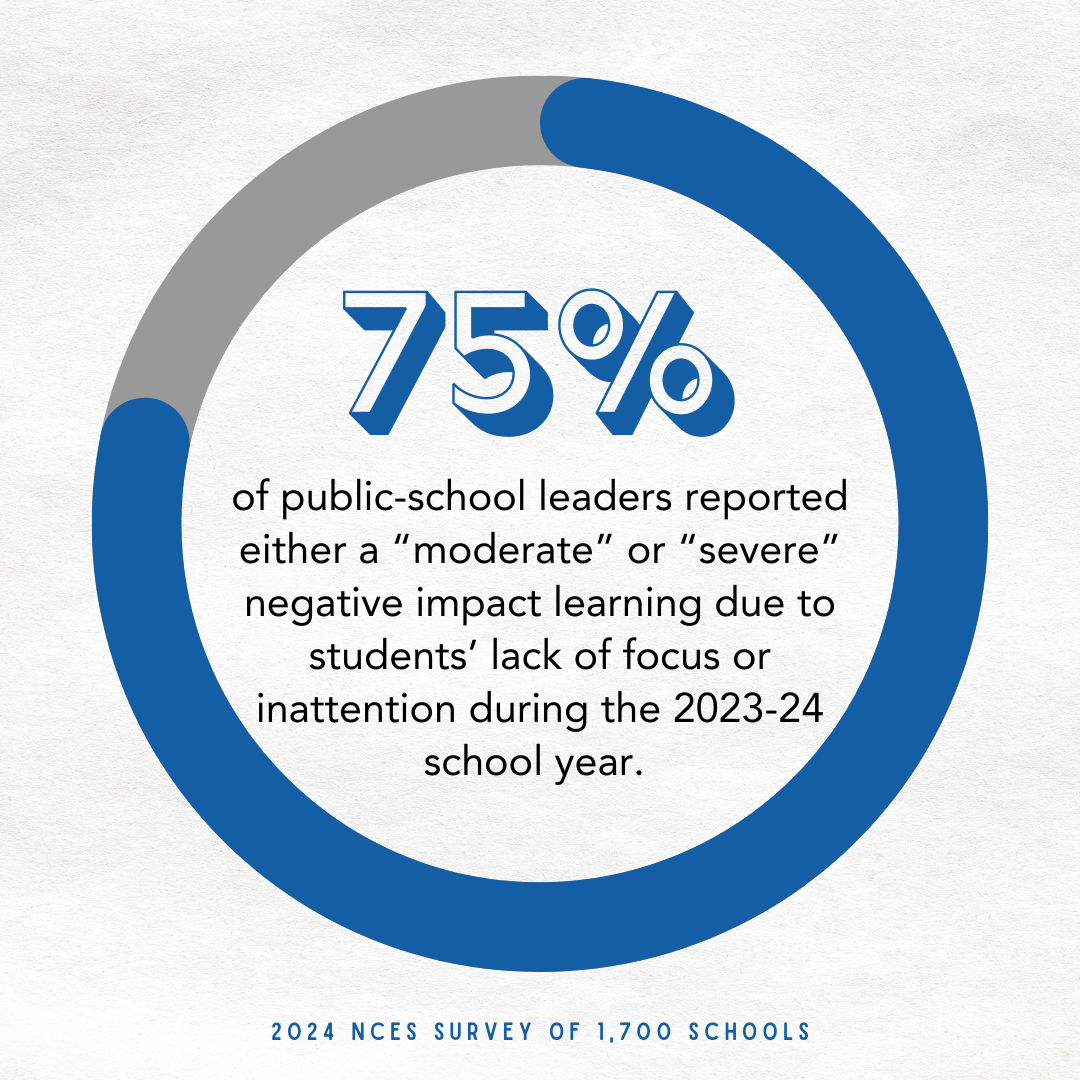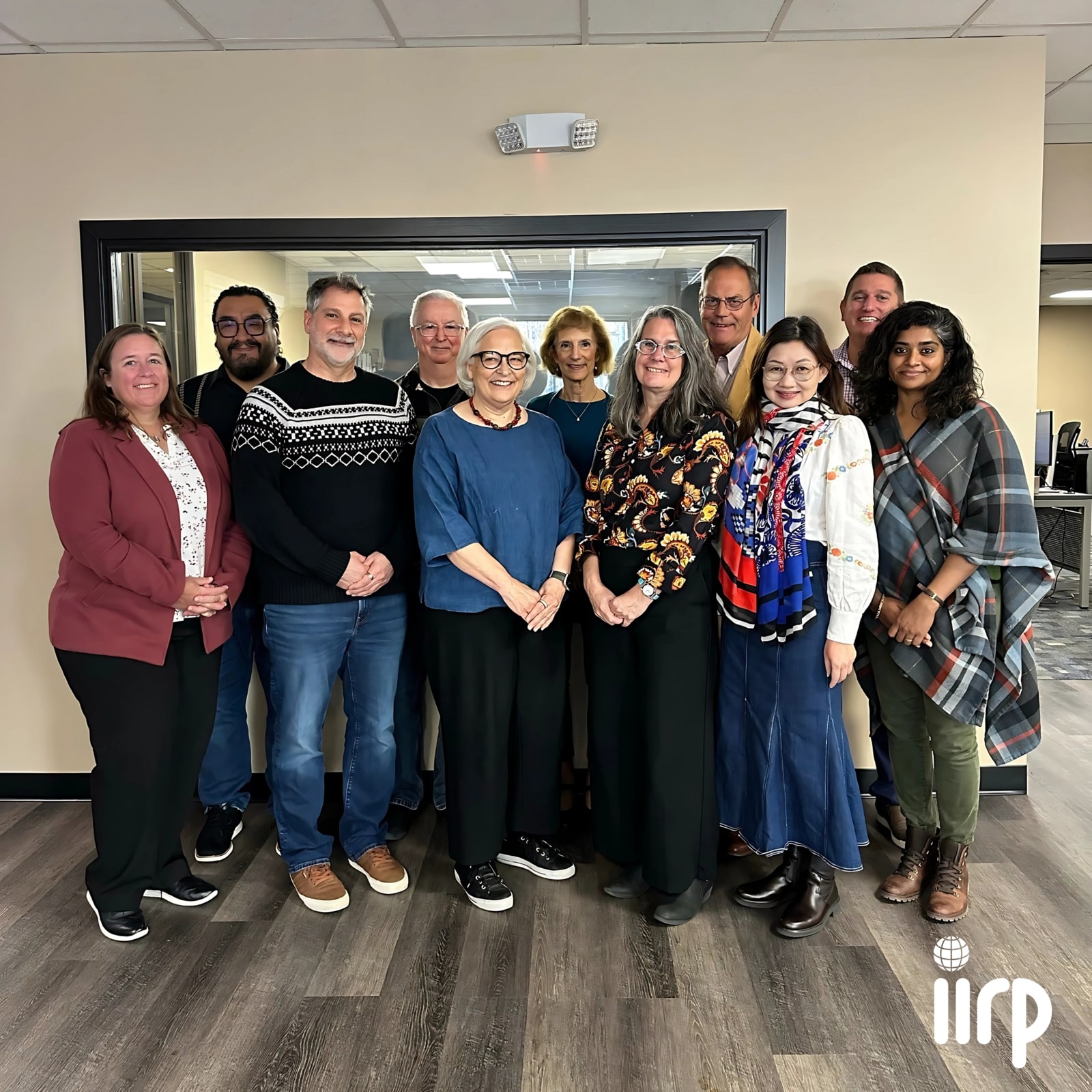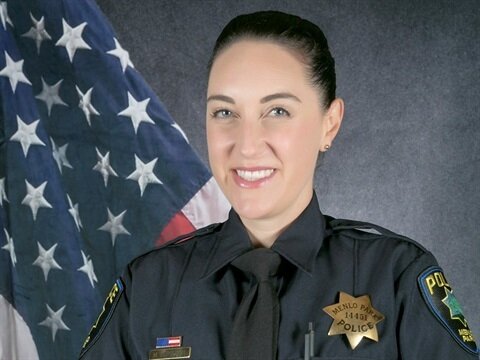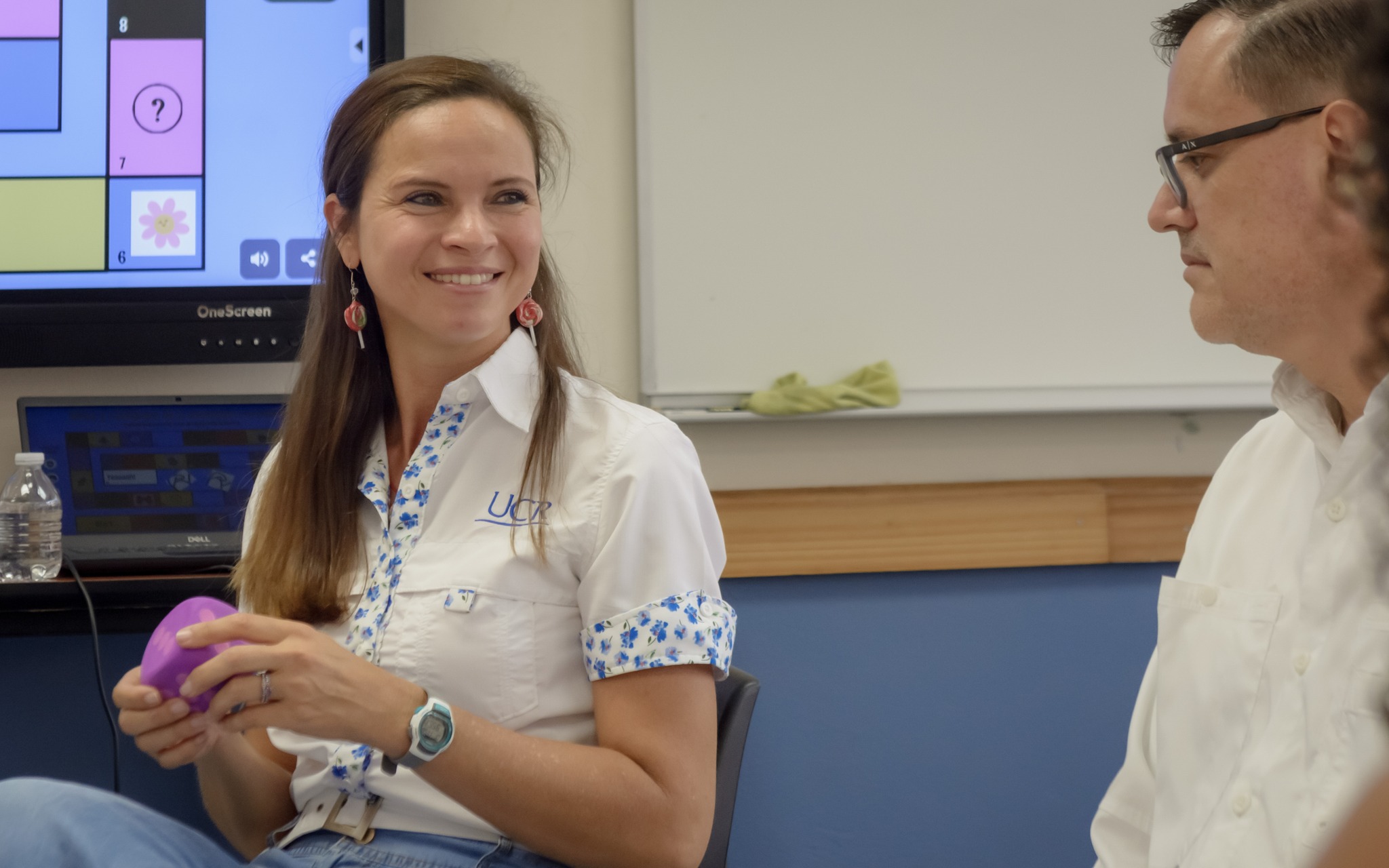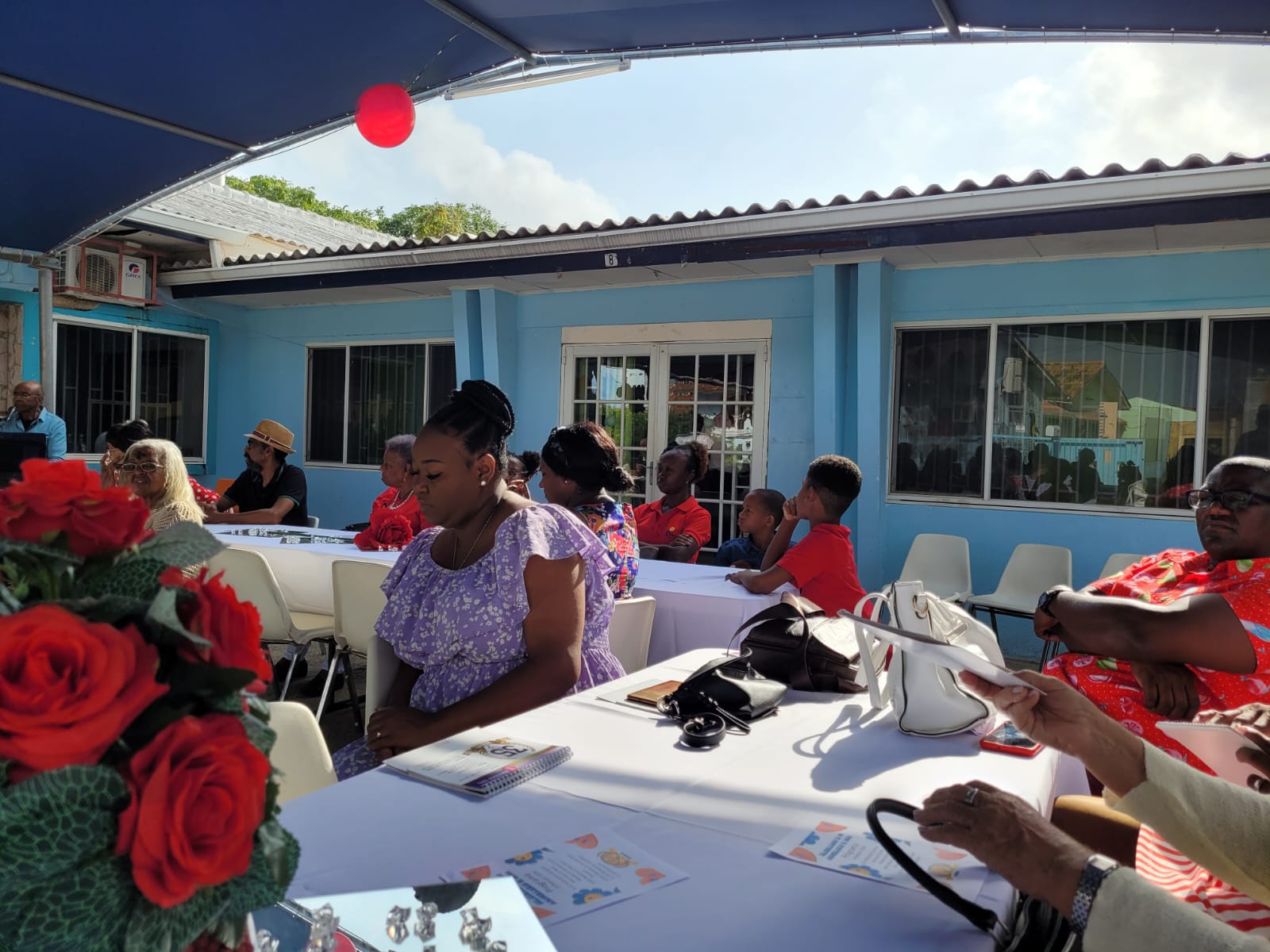News & Announcements
- Details
- Written by Kristin Oakley
Build Relationships with the 1-2-3 Check-in Method
Proactively building relationships with check-ins and impromptu conversations can quickly and effectively deepen social connections. Utilizing the 1-2-3 Check-in Method does just that. We reached out to three Instructor and Implementation Coaches to understand how the 1-2-3 Check-in Method can be used in various scenarios. Here are their ideas:
- Details
- Written by Kristin Oakley
The landscape of higher education is constantly shifting and changing, especially in recent times. The challenges that occur from these changes create ripples of impact and harm among faculty, staff, and students on campus. Listening circles can be a powerful tool for healing, restoration, and creating community understanding. During this webinar, we will dig into the importance of listening, empathy, and healing during times of change in higher education. This is more than just a webinar—it is an opportunity to learn, engage, reflect, and experience the transformative power of deep listening. We are all searching for a way forward—let’s start here, together.
- Details
- Written by Kristin Oakley
Highlighting the intersections of school-based justice, support, and restorative practices.
Thomas Levy is a current IIRP graduate degree student pursuing the thesis option. He currently serves as a school-based behavioral consultant supporting students with disabilities. His experience with this often underrepresented population of students provides him with a unique perspective on the intersections of support, discipline, and restorative practices. His passion for restorative practices and the minutiae of school-based justice has fueled the direction of his studies and thesis topic.
- Details
- Written by Kristin Oakley
Working to heal a history of harm in Colombia with restorative practices
Daniel Rios is a current IIRP graduate degree student who works at the Council for Peace, Victims, and Reconciliation in Bogotá City Hall, Colombia, where he designs and implements restorative strategies to promote participation and reconciliation in communities affected by ongoing armed conflict. He also serves as a restorative practices facilitator at Human Partner, leading processes in school and community settings to foster positive relationships and promote nonviolence. In 2016 the government of Colombia signed a historic peace agreement with the largest guerrilla group in the country, the Revolutionary Armed Forces of Colombia (FARC). Despite this agreement, violence and its effects still ripple through communities across the country. Daniel discusses serving those affected by this ongoing political conflict, utilizing restorative practices to bring peace and reconciliation to victims, former insurgents, and the larger community.
- Details
- Written by Kristin Oakley
Leveraging restorative practices to increase student engagement
As schools across the United States continue to grapple with the lingering impacts of the COVID-19 pandemic on student outcomes, leaders in education have immense leverage with stakeholders in framing our approach to addressing persistent student and educator needs. This is highlighted in recent (2024) COVID-19-focused research from the National Center for Education Statistics (NCES). Summarizing survey responses from more than 1,700 K-12 schools in all U.S. states, the District of Columbia, and outlying areas, more than 25% of respondents reported that focus and attention issues amongst students had a “severe negative impact on learning” in the 2023-2024 school year. Agreement rose to 75% when including a “moderate or severe negative impact on learning.”
- Details
- Written by Kristin Oakley
The International Institute for Restorative Practices (IIRP), the world’s first accredited graduate school dedicated to the study and promotion of the field of restorative practices, welcomed a new member to its board of trustees with the appointment of Sethu Laxmi Nair. Sethu brings a depth of experience and knowledge around the practical use of restorative practices in conflict management and alternative dispute resolution.
- Details
- Written by Kristin Oakley
From Trust to Transformation: Sgt. Mary Ferguson’s Journey with Restorative Practices in Law Enforcement
Mary Ferguson is an IIRP student in the Master of Science in Restorative Practices program. She serves as Sergent in the city of Menlo Park, CA, Police Department. Prior to serving in her current position, Sgt. Ferguson was assigned as the first Juvenile Community Safety Officer for the Menlo Park City School District. That position also encompassed the role of School Resource Officer for all schools within city limits. She was tasked with developing and implementing juvenile diversion and truancy abatement programs while teaching a variety of classes to a diverse community. Initially, she faced significant obstacles, particularly the distrust some communities had toward law enforcement. Sgt. Ferguson said, “On my first day, a kindergartener ’oinked’ at me and flipped me off, a clear sign of the work ahead of me.” She persisted and, utilizing principles grounded in restorative practices, began to bridge the divide between the community and local law enforcement.
- Details
- Written by Kristin Oakley
Pathways to reintegration, reconciliation, and reducing recidivism
Diverting people from further involvement in the justice system serves the goal of most professionals in the justice field: to keep people in their communities and with their families. That is the focus of the diversion program, the Restorative Reporting Centers (RRC). The RRC is supported by Community Service Foundation, a model program of the IIRP. In partnership with Bucks and Lehigh Counties, Pennsylvania, this program has been in operation for 14 years and aims to reduce recidivism by holding youth accountable for their behavior, enabling them to make positive changes in their lives, and addressing the need for community safety. As an alternative to sending youth to residential placement, this community-based program allows them to remain home with their families and in their home schools.
- Details
- Written by Kristin Oakley
Change comes in many forms, the best of which are tailored to meet the specific needs of a community. Knoxville County Schools in Knoxville, Tennessee, which serves more than 60,000 students, took on the challenge of change, starting with five of their 94 schools. This commitment to change has made a tremendous impact on the dynamics of the relationships between parents and school staff, and students to their peers and teachers. The three middle schools and two high schools started their restorative practices implementation plan by first conducting a comprehensive gap analysis using systems thinking for each school. This approach to implementation is part of the IIRP’s Collaborative Application Consulting offering led by Koury Cook, Director of Organizational Development at the IIRP. Based on each school’s results, Cook developed individualized implementation plans to ensure a common thread of leadership training across all five schools.
- Details
- Written by Kristin Oakley
In our collective efforts to create a more just and civil society, we sometimes forget to look back at our accomplishments. We’d like to take this opportunity to recognize practitioners and organizations that are being celebrated in their communities for the impact of their work in schools, with women and families, and in justice settings.

Restorative Works Year in Review 2024 (PDF)
All our donors are acknowledged annually in Restorative Works.

